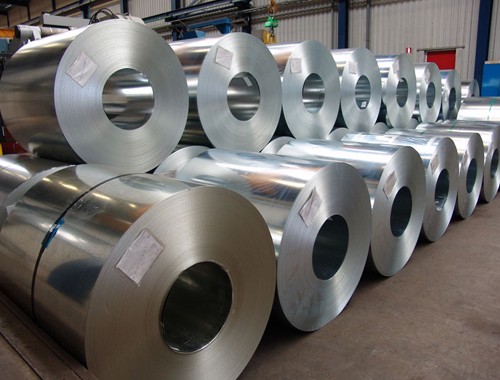US metal manufacturers and users have sent a letter to newly appointed Commerce Secretary Gina Raimondo arguing that the Section 232 tariffs on steel and aluminum are continuing to cause damage to downstream manufacturing and should be eliminated, following public comments from Raimondo calling the tariffs effective.
Data has shown that the tariffs of 25% on steel and 10% on aluminum, first introduced by former President Donald Trump in March 2018, have been “effective,” Raimondo said in an interview with MSNBC March 4, a day after she was sworn in to lead the department. However, as President Joe Biden has stated in the past, the new administration will be doing a full review of the tariff program, she said.
The Coalition of American Metal Manufacturers and Users said it was surprised by Raimondo’s comments on the effectiveness of the tariffs, according to the group’s letter dated March 15.
“As we wrote to President Biden on February 10, 2021, there is, in fact, scant evidence that the Trump steel and aluminum tariffs have helped the domestic steel industry, as the sector continues to close plants and shed jobs, but numerous published studies provide evidence of the damage caused by these tariffs to our nation’s economy, its small manufacturing businesses, employment in the manufacturing sector, and to carefully constructed supply chains,” the group said.
Among the issues raised, CAMMU said many of the steel products targeted by the tariffs are not readily available in the US.
“Companies cannot manufacture products out of raw materials that they cannot procure,” CAMMU said. “US manufacturers increasingly report that the quality of the steel and the availability of specialty materials is a significant concern … our member companies report not only record steel prices, but also delivery times stretching 12-16 weeks, causing significant disruptions.”
CAMMU, which represents more than 30,000 companies in the manufacturing sector and downstream supply chains, was set up in the wake of the Section 232 metals tariffs to oppose the trade measure.
— Justine Coyne






